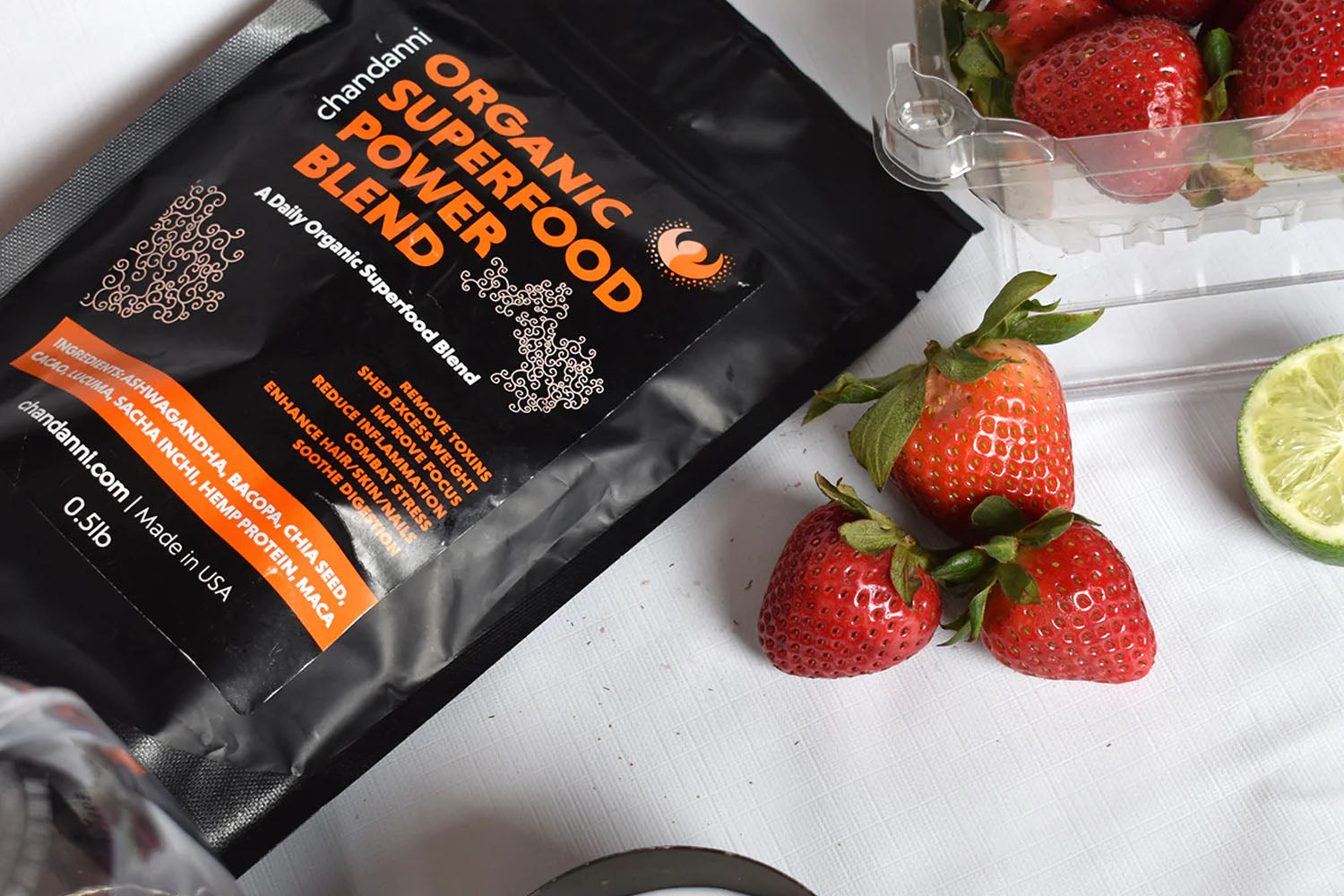
The Science of Organic Liver Cleanses: Do They Really Work?
Sania TariqThe liver, a vital organ in the human body, serves as the primary detoxification center. Its job is to filter blood, breaking down toxins and waste for elimination. Organic liver cleanse has recently surged in popularity, promising to enhance the liver's natural function and promote health. These cleanses come in various forms, including diets, herbs, and supplements, all claiming to flush out toxins effectively. However, questions arise about their scientific backing and whether they truly deliver on their promises.
This blog explores the reality behind organic liver cleanses, exploring scientific evidence, weighing potential benefits against risks, and seeking to determine if they are as beneficial as claimed.
Understanding the Liver and Detoxification
The liver acts as the body's primary filter. Its main job is to clean the blood, breaking down unwanted substances like alcohol and drugs. These substances can harm the body if not removed. The liver transforms them into harmless matter the body can eliminate. This process happens day and night without the need for any outside help.

Inside the liver, two steps turn toxins into waste. First, enzymes break them down. Next, the liver makes the broken-down toxins water-soluble so they can leave the body through urine or stool. This natural cycle keeps the liver busy and is usually enough to manage daily toxins. [1]
Some believe the liver can become overloaded with toxins, leading to a buildup that the liver can't handle. This idea suggests that when the liver is overwhelmed, health problems can occur. However, the liver is designed to be remarkably resilient. Understanding its limits is important to maintain good health and prevent unnecessary strain on this vital organ.
The Rationale Behind Organic Liver Cleanse
Organic liver cleanses are wellness practices that often involve consuming specific foods, herbs, or supplements to support the liver's detoxification processes. These cleanses are typically advertised as natural, holistic methods for promoting liver health and overall well-being.

Common Ingredients in Organic Liver Cleanses
- Turmeric: Known for its anti-inflammatory properties.
- Milk Thistle: Believed to support liver cell regeneration.
- Dandelion Root: Thought to aid in liver detoxification.
- Artichoke: Included for potential liver and gallbladder benefits.
- Epsom Salt: Used in some liver cleanse recipes for its purported ability to relax bile ducts.
Theoretical Benefits Promoted by Organic Liver Cleanse Advocates
- Improved liver function and efficiency in detoxifying the body. [2]
- Enhanced overall well-being, energy levels, and vitality.
- Potential relief from digestive issues, skin problems, and allergies.
- Claims of weight loss and improved metabolism.
- The belief is that liver cleanses can prevent or treat chronic diseases.
Scrutinizing the Evidence
Organic liver cleanses, despite facing skepticism, have some evidence supporting their potential benefits. Studies and personal accounts indicate they can positively impact liver function and overall well-being. [3]

Most importantly, these Organic liver cleanses usually use herbal ingredients, like milk thistle and turmeric. Milk thistle may help protect liver cells and promote liver regeneration, while turmeric's anti-inflammatory properties can reduce liver inflammation and enhance its function.
Additionally, proponents of liver cleanses often mention increased energy, improved digestion, and clearer skin as potential benefits. Although these claims are anecdotal, they shouldn't be disregarded, as individual experiences can offer valuable insights into the possible advantages of these practices.
Potential Risks and Considerations
When aiming for better liver health with organic liver cleanses, it's crucial to consider potential risks. Dr. Sethi notes that liver detox supplements' safety and side effects can vary based on the product and ingredients. [4] Hence, it's crucial to be aware of potential risks and considerations;

- Liver cleanses may lead to adverse reactions, including nausea, diarrhea, and dehydration.
- Some cleanse ingredients can interact with medications, compromising their effectiveness.
- Aggressive cleansing may disrupt the body's natural balance and impair liver function.
- Positive experiences with liver might be due to the placebo effect rather than actual physiological benefits.
- Relying solely on cleanses can delay seeking medical attention for underlying health issues.
- Many cleanse products are not regulated, making it challenging to ensure safety and efficacy.
Individuals considering liver cleaning should carefully weigh these factors and consult healthcare professionals for guidance.
Holistic and Lifestyle Approaches to Liver Health
When maintaining optimal liver health, holistic and lifestyle approaches offer alternative strategies focusing on long-term well-being. These methods prioritize natural, sustainable practices to support the liver's function and overall health.

- A balanced diet and consistent exercise maintain a healthy weight and support liver health.
- Cut down on alcohol and liver-harming medications for liver well-being.
- Exercise aids weight management and insulin sensitivity, reducing liver disease risk.
- Hydration and sleep are vital for a healthy liver.
- Drinking water helps the liver detoxify.
- Garlic, beets, and greens boost liver health naturally.
- Reduce environmental toxins and manage stress to ease the liver's load.
By focusing on sustainable habits and evidence-based practices, individuals can support their liver's natural functions and maintain overall well-being.
Conclusion
Individuals have various options in pursuit of better liver health, including organic liver cleanses. While these cleanses may offer benefits, they come with some possible risks and should be cautiously approached. Holistic and lifestyle approaches provide alternatives that prioritize long-term well-being and empower individuals to take control of their liver health naturally. Choosing between liver cleanses and sustainable habits depends on individual preferences and health goals.
FAQs
- How do I detox my liver naturally?
To naturally detox your liver, focus on a balanced diet of fruits, veggies, and whole grains, exercise regularly, limit alcohol, and stay hydrated.
- How can I detox my liver in 7 days?
A 7-day liver detox may involve a week-long diet of clean, nutrient-rich foods, avoiding processed items, and drinking plenty of water.
- How can I detox my liver overnight?
It's impossible to detox your liver overnight; natural detoxification is ongoing. Consistent healthy habits are more effective.
- What is a good thing to clean your liver?
Consuming liver-friendly foods like garlic, beets, leafy greens, and drinking water can support your liver's health.
References
[1] https://www.ncbi.nlm.nih.gov/books/NBK470290/
[2] https://www.ncbi.nlm.nih.gov/pmc/articles/PMC4499388/
[3] https://pubmed.ncbi.nlm.nih.gov/10895516/
[4] https://www.forbes.com/health/body/liver-detox-supplements/




